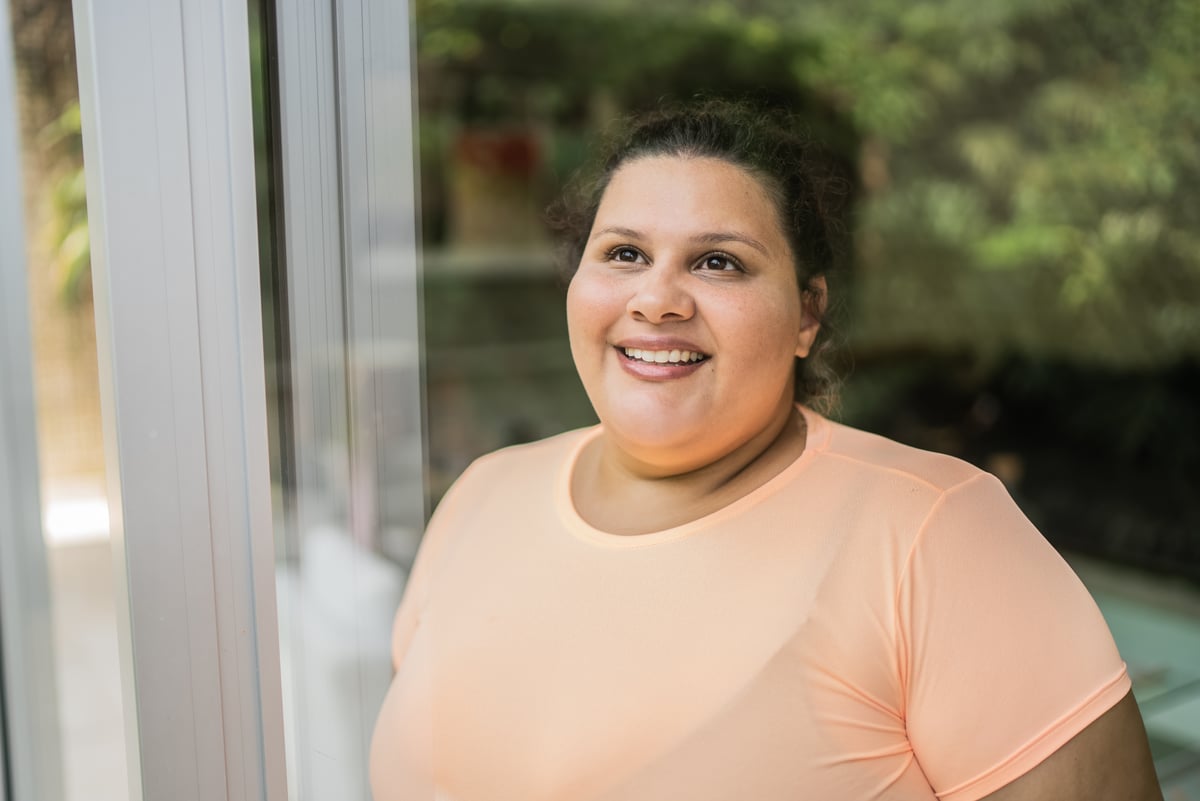

Melanie was 25 when she started having heavy periods that would last for about seven days.
“They slowly progressively got heavier, and then started getting longer and longer,” she told Mamamia. “But I didn’t ever see a doctor about it.”
For five years, the South Australian woman tried to carry on with her life, while her menstrual cycle began to take over it.
“When I got to about 30, I started feeling really fatigued and I was basically leaking all the time,” she explained. “I was a journalist, and I’d be sitting in court and having to keep going back and forth to the toilet, while getting dirty looks from the magistrate, because I just couldn’t get through 45 minutes without having to change the two super tampons that I was using.”
By this point, Melanie was having two to three-week periods of "constant bleeding".
“That’s when my doctor was like, ‘ok we better do some tests’,” she said.
‘I didn’t know what menorrhagia meant.’
Results showed Melanie was massively iron deficient, and her haemoglobin was very low. It was then that the 30-year-old came across the term menorrhagia for the first time.
“At the time, I saw it written on a form when I went to have an ultrasound but I had to Google it as I didn’t know what it meant,” she said. “It wasn’t explained to me.”
Heavy periods are common and affect one in four women, with the condition now clinically referred to as heavy menstrual bleeding. Women who experience it may need to change their tampons and sanitary pads every hour, pass blood clots bigger than a 50 cent coin, and bleed for more than a week.
